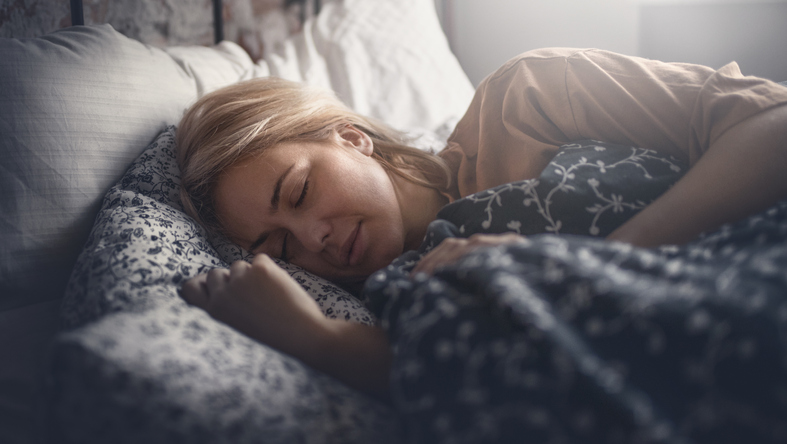Insomnia
This is the term given to an inability to fall asleep, and/or stay asleep. It’s a common problem that can cause long term health problems. Insomnia is generally a symptom of another issue, with the root cause varying from one person to the next. They can include excess caffeine or alcohol consumption, stress or medical conditions. Symptoms include:
- Trouble falling asleep, even when tired.
- Waking frequently and inability to get back to sleep.
- Relying on alcohol or pills to get to sleep.
- Daytime tiredness, fatigue and irritability.
Identifying issues is the first step to solving them. Are you stressed? Do you eat and exercise well? Have you recently suffered a trauma? Are you depressed/anxious? How is your sleep environment? There’s also a condition called ‘shift work insomnia’ caused by constant disruption to a person’s circadian rhythm. The combination of tiredness and impaired concentration puts this group at a higher risk of accidents in the workplace as well as health problems.
Sleep apnea
This condition makes breathing stop and start during sleep. Other symptoms include snoring, choking and gasping noises that can wake you up. The condition is associated with increased risk of heart attack and stroke. It’s caused by relaxed airways that narrow as we sleep. Obesity, smoking and age are all risk factors. It can be treated with a cpap machine but weight loss can be effective too.
Restless legs syndrome (RLS)
A particularly uncomfortable and frustrating condition that causes the sufferer to have unpleasant sensations in their legs when they lie down to sleep. Itching, tingling and aching are some of the sensations that are experienced, making it hard to sleep. Common in older age and pregnant women, there’s some suggestion it can be related to low iron or a dopamine imbalance. Known triggers include stress, strenuous exercise, alcohol, caffeine and smoking.
Pregnancy insomnia
Whether it’s caused by feeling nauseated in the early months, frequent trips to the loo for a wee, being jabbed in the ribs by baby or heartburn, pregnancy insomnia is the pits. It can be exhausting and it’s important that expectant parents look after themselves and prioritise sleep.
Though there are often different causes for sleep disorders, a number of things we can do ourselves can help relieve the many of the symptoms. Here’s our top tips:
- Avoid alcohol and caffeine in the hours before bedtime.
- Ditch the screens 1-2 hours before you go to bed. The light they emit is stimulating as is the data we access on them, news and social media for example.
- Make your bedroom a peaceful place for sleep and little else. Ensure it’s a cool temperature, quiet and you’ve adequate pillows and blankets. Blackout/heavy blinds or curtains can filter out light.
- Stick to a regular sleep schedule. Getting to bed and rising at roughly the same time each day – including weekends – can help establish a regular sleep rhythm.
- With the exception of pregnant women, avoid napping during the day. If you must, try and make it before around 3pm to ensure you can still nod off come the evening.
- Try to prepare for the next day before bedtime arrives. Pack your bag/lunch, plan your outfit etc.
- Experiment with meditation and/or journaling before you go to sleep. It allows us an opportunity to offload the day and get ready for sweet dreams.
- Lose weight. Obesity can cause many issues with sleeping and when we lose weight, our sleep can improve.




